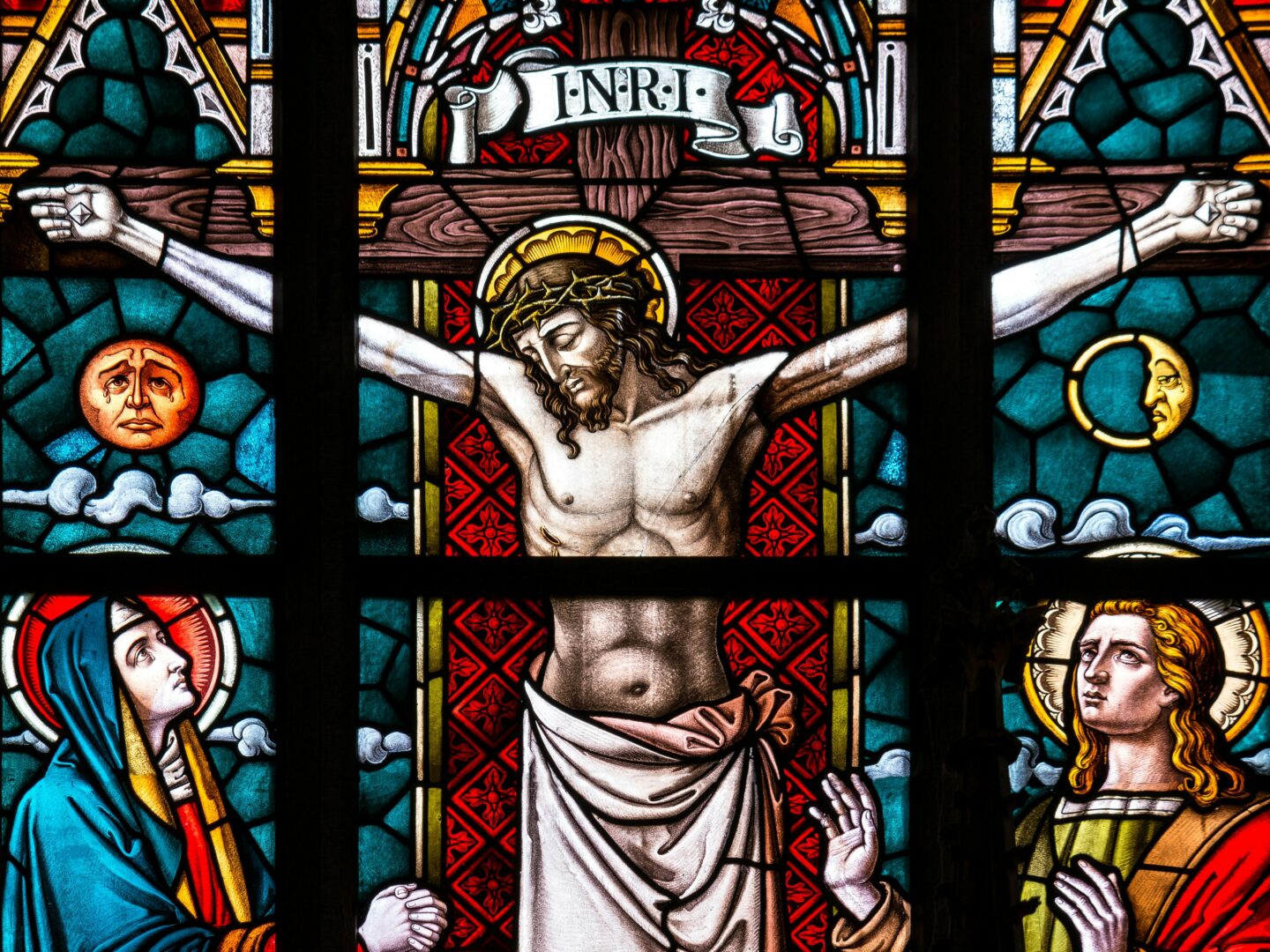Dear Governor Romney,
You haven’t asked, but I’d like to offer you some free, nonpartisan advice about how to talk about your Mormon faith in public. When a Texas megachurch pastor can rob you of a news cycle, as the Rev. Robert Jeffress did last weekend when he called the Church of Jesus Christ of Latter-day Saints a “cult” at a meeting of religious conservatives, you need to do a better job of explaining your beliefs.
You may feel that other election-year issues are more urgent than your personal faith. (And you’d be right about that.) You may believe that you quashed these concerns when you declared, in 2007, that you would “put no doctrine of any church above the plain duties of the office and the sovereign authority of the law.” But that performance was too canned, too calculated, too frankly dispassionate to ease the minds of worried voters. When more than a third of white evangelicals continue to say they aren’t likely to vote for a Mormon, you need to really sell your story.
Mormonism has what in PR circles is called a perception problem. Not just on the left, where anti-Mormon sentiment is amplified by your church’s anti-gay stance, but on the right and in the center, too. People think Mormons are weird. The religion is tainted by its history of polygamy. It is derided for what are seen as theological and scriptural oddities. Mormonism suffers for having been so recently established: When you’re used to angels named Gabriel and Michael, it’s easy to ridicule an angel who is called Moroni.
You may argue — again, rightly — that your judges are biased. No Western religion can claim a blemish-free record on women’s rights or social justice. Nor do the faith narratives cherished by the majority of Jews, Christians or Muslims contain any more intrinsic credibility than yours. (A sea magically parts, saves the good guys and drowns the bad?) When Pastor Jeffress denigrates the theology of the Mormon Church, he is following a long, cruel tradition of believers who decide for themselves who’s in and who’s out and then persecute the outliers, a tradition that the United States was founded to protect its citizens against.
Perception matters, though, and the smart move here is honesty. Stop deflecting questions about your religion. Stop trying to make your beliefs look like middle-of-the-road evangelicalism. These approaches only raise voters’ suspicions and give them more reason to judge you a waffler. Embrace your faith. Explain to people how much the religious tradition of your grandfathers informs your values and character, and convince them that they have nothing to fear. Here, then, three talking points to get you started.
The Mormon story is a quintessentially American tale. Joseph Smith, the prophet of the Mormon Church, was a farmer’s son, persecuted for his interpretation of the Christian story and assassinated in 1844. After his death, 70,000 of his followers eventually took a grueling overland trek from the Midwest to Utah’s Salt Lake Valley. The faithful undertook this six-month journey, often in covered wagons, at great personal risk of injury, illness and death. Proud of their pioneering ancestors, Mormons tend to value self-reliance, grit, optimism, hard work. Your faith may be the source of your most defining personality traits.
Mormons emphasize global literacy. There are 14 million Mormons worldwide, and fewer than half reside in the United States. About 55,000 Mormons are serving missions all over the world. These are evangelization efforts, to be sure, but they’re also exercises in foreign immersion. Jon Huntsman spent his missionary years in Taiwan and speaks Mandarin. You speak beautiful French (which you hauled out as organizer of the 2002 Winter Olympics), the result of two years spent as a missionary in France. In a global economy, fluency in foreign cultures is an asset. Sell it.
Mormons value their families above almost anything. “Marriage and family are the building blocks not only in this life but in the life to come,” a Mormon Church spokesman explains. Mormons who marry other Mormons, as you did, rarely divorce. Centrist voters interested in “family values” might find what they’re looking for most of all in you: A happily married father of five who doesn’t smoke, drink or swear.
There is a lot in the Mormon tradition for a conservative to be proud of. You need to show the wavering voters on the right that you believe that at least as much as I do.
